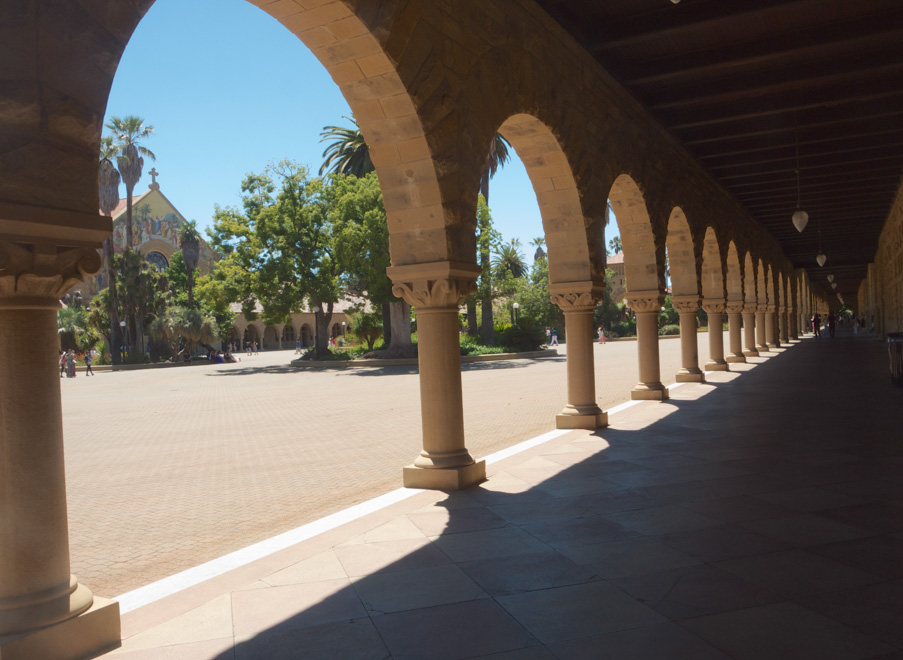All Stanford-funded summer quarter opportunities that take place off-campus must be conducted virtually, according to University spokespeople.
The new restrictions are being put in place during the first quarter in which frosh and sophomores will be living on campus. Because of the pandemic, undergraduate students can take classes or use their flex term to participate in University-funded summer activities. Those activities, now called experiential learning opportunities (ELOs), include research, a Cardinal Quarter or some other relevant experience outside of the classroom.
For students who are considering an ELO, there are two types: remote or virtual. A remote ELO is conducted in a location other than Stanford’s campus. A virtual ELO can take place on or off campus, but the work doesn’t actually take place in person. “On-campus ELOs may be either virtual or in-person, but remote ELOs can only be virtual,” wrote University spokeswoman Dee Mostofi.
The clarification comes after a string of mixed messages on various University platforms. Initially, students who recently logged on to the Cardinal Quarter application platform noticed a message that said “as of April 10, all Stanford-funded, full-time summer quarter opportunities must be completed remotely.” Since then, University spokesperson E.J. Miranda has clarified that this is not the case.
“We are working to ensure students receive and have access to the most current and accurate information,” Miranda wrote, referencing a Reapproaching Stanford flyer with information about summer quarter Flex Term, ELOs and available campus housing. “Students should also reach out as needed to their Academic Advising Director about Stanford ELO processes, eligibility, funding and other related guidance.”
To be eligible for Stanford-funded ELOs this summer, a student has to have completed two quarters of instruction this past academic year. Frosh and sophomores have been invited to campus this summer: They qualify to live there while completing their ELO on a flex term if this requirement is met.
On-campus work will be restricted to certain activities, and as the situation evolves, the department or program offering the ELO may transition to virtual participation, as opposed to in-person work. Being on campus does not guarantee in-person work.
All activities will adhere to the latest public health guidance to minimize the risk of contracting COVID-19. Likewise, improving conditions in California and the nation “may have an impact on decision making around how and when to begin relaxing restrictions around in-person activities,” according to Mostofi.
Juniors and seniors seeking an on-campus residence “may also use their flex term for Summer Quarter to pursue a Stanford-funded ELO but would need to apply for an exception to live on campus,” she added.
